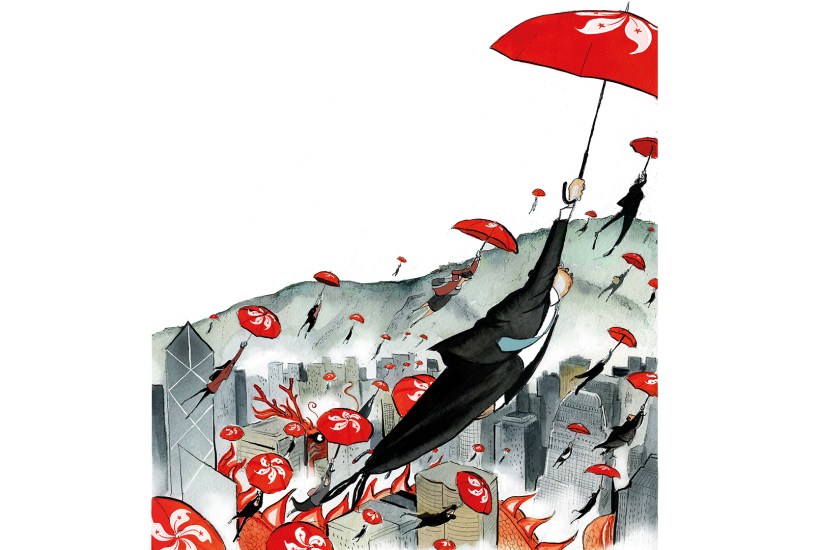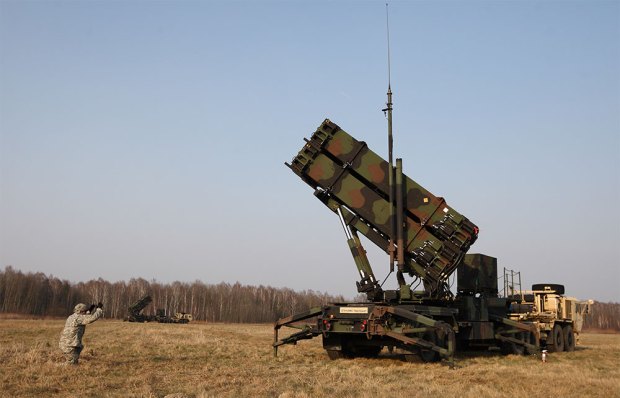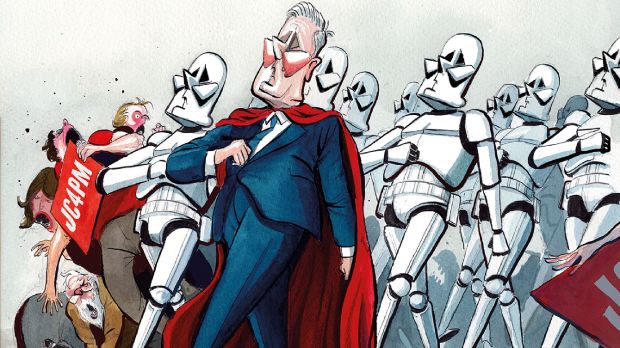The Revd Dave Ho Young wasn’t interested in being Chinese when he was growing up. After his parents’ divorce, he was brought up by his British mother in Shropshire, while his Cantonese father moved back to Hong Kong. These days, the Revd’s Chinese heritage plays a bigger part in his life: his evangelical C of E church, St Barnabas in Leeds, has become a gathering place for the city’s newly arrived Hong Kong émigrés.
Two years ago, Britain opened the route to residency for Hong Kong Chinese who hold British National (Overseas) passports, after the National Security Law imposed by the Chinese Communist party ended the city’s ‘one country, two systems’ arrangement with the mainland. Since then, 125,000 Hong Kongers have entered the UK, which makes this one of the largest migrant waves modern Britain has ever seen. Yet their arrival has been met with very little trouble or backlash.
In some parts of the country, local communities are changing. Hong Kongers now make up a quarter of Revd Young’s congregation. I met some of them earlier this year. Not all were religious, but they all found the church’s embrace helpful when it came to finding their way in a new country. For two hours every Thursday morning, the church hall chairs are arranged in circles. Volunteers, mainly retired churchgoers, help the immigrants practise English and teach them about British life. ‘Most often they ask me for gardening advice,’ Revd Young says. ‘Most of them have never had gardens before.’ In return, the Hong Kongers are teaching him Cantonese, his father’s tongue.
The government has little accurate information on the new arrivals – who they are and where they’ve gone – because these are not typical political refugees. They’re skilled and moneyed, which means they require little from government services by way of welfare or asylum, but it also means it’s easier for them to fall off the radar.
As far as academic studies can ascertain, some 79 per cent have a university degree, three times the rate of the general UK population. This makes them perhaps the most highly educated wave of immigrants ever to arrive in the country. They’ll have similarly high expectations for their children. Many of the Hong Kongers I spoke to said that the chance to take their children out of an education system that was increasingly controlled by Beijing was a big incentive for coming to Britain. The more wealthy tend to flock to the capital. I’ve noticed this where my (Chinese) family lives in suburban London. New Malden in Kingston upon Thames is dubbed ‘Little Pyongyang’ for its high concentration of Koreans (North and South), yet I now hear more Cantonese in the local supermarkets than Korean.
Britain has ended up as one of the most popular destinations for Hong Kong Chinese. Around 32,000 have also been granted residency by Taiwan. But according to its 1947 constitution, Taiwan still claims to be the rightful China – so Hong Kongers are, technically, in the odd position of being neither foreigners nor natives. Taipei also fears infiltration by the CCP. Many of the Hong Kongers who apply for a visa to Taiwan end up trapped in bureaucracy.
Whatever Britain’s merits, the Hong Kongers I meet in Leeds say they have struggled to find jobs. Many have enough cash to last without employment for a bit – the proceeds from selling their former properties have been more than enough to buy bigger places here (an average two-bed flat in Hong Kong goes for £1.5 million) – which may be why National Insurance data shows only 33,000 registrations from Hong Kongers.
Even so, they still want to find jobs. A young father called KC was a property manager back in Hong Kong, but now works in a Chinese restaurant. Emiko, a single mother, had an office job, but is considering retraining as a beauty therapist. Others find manual jobs in warehouses. They tell me their professional qualifications are not always recognised and that their references are, of course, totally foreign. In some cases, Disclosure and Barring Service checks have thrown the Hong Kongers into a bureaucratic maze which demands references from the Hong Kong police – the people they were fleeing.
Fear of the authorities also explains why some Hong Kongers are fearful of mainland Chinese here in the UK. The two communities have never got on. Hong Kongers saw mainlanders as poorer cousins before China got rich, and uncouth nouveau riche after. The mainlanders were aware of that and resented it. The division isn’t helped by the fact that Cantonese and Mandarin, when spoken, are so un-alike that they may as well be different languages.
Since Beijing’s clampdown on Hong Kong’s freedoms and the pro-democracy protests, the two sides have grown even further apart. Many mainlanders, even in the UK, see Hong Kongers as rabble-rousers at best or traitors at worst. In turn, many Hong Kongers see Chinese as brainwashed CCP bots. The antagonism occasionally spills over into violence. The most notorious case was when an anti-CCP protestor was beaten and briefly pulled into the grounds of the Chinese consulate in Manchester by the Chinese consul general himself.
Such is the sensitivity that Revd Young advised me to speak English rather than Mandarin to the Hong Kongers at St Barnabas, even though some of them can understand the latter better. Mandarin is now too associated with Beijing’s heavy hand.
In Britain, East Asians are a nearly invisible demographic. Very few are represented on screen, in politics or at the head of major companies. Yet, since more people have arrived from Hong Kong in the past three years than came from the Caribbean in the first ten years of the Windrush, that will change. ‘In our lifetimes, we will see a Hong Kong-born cabinet minister, maybe even prime minister,’ Sam Goodman, from the London-based campaign group Hong Kong Watch, tells me. There is no collective name for them yet, but they’ll make their mark in the UK just as the Windrush generation did.
Got something to add? Join the discussion and comment below.
Get 10 issues for just $10
Subscribe to The Spectator Australia today for the next 10 magazine issues, plus full online access, for just $10.
You might disagree with half of it, but you’ll enjoy reading all of it. Try your first month for free, then just $2 a week for the remainder of your first year.















Comments
Don't miss out
Join the conversation with other Spectator Australia readers. Subscribe to leave a comment.
SUBSCRIBEAlready a subscriber? Log in